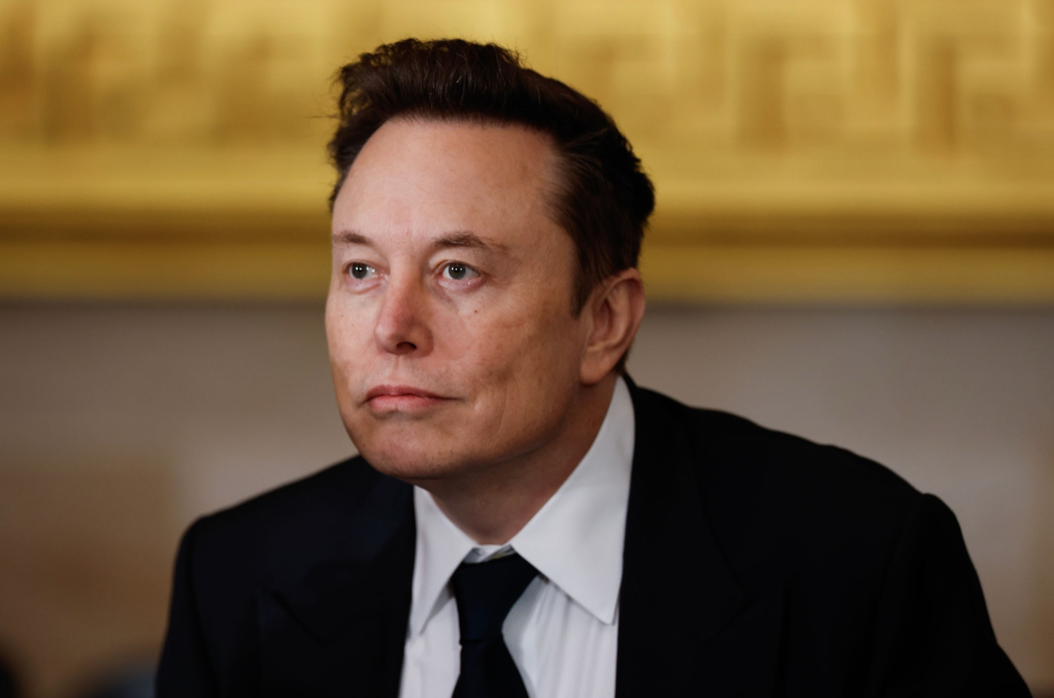After the historic pontificate of Pope Francis, the Roman Catholic Church is facing a new turn. Since his election in 2013, the Argentine pontiff has transformed the Church not only from within, but also shifted its centre of gravity from traditional Europe to the global South. And this may influence the choice of his successor.
The voters of the new Pope are the face of the world
Out of the 252 cardinals who currently exist, 135 have the right to vote. 109 of them were appointed by Francis himself. This is an unprecedented majority. In addition, almost half of the voters are from Asia, Africa and Latin America. This change in geography reflects a new reality: Catholicism is no longer an exclusively European affair.
As Father Thomas Rees, a Church historian, notes, “Cardinals from the global South focus on issues such as poverty, war, and the climate crisis, rather than on purely European debates about secularism or identity.” These interests may play a key role in the election of the next pontiff.
The struggle of trends: reformers versus traditionalists
Pope Francis has been a reformer: he has opened up the Church to dialogue with LGBT+ people, addressed the role of women, decentralised Vatican power, supported migrants and spoken out about climate change. His critics – mainly from Europe and the US – considered his approach “anarchic” and diluting doctrine. Therefore, there is currently a struggle between two camps among the cardinals:
- Progressives can nominate Luis Tagle, a Filipino cardinal with the charisma of Francis, or Matteo Zuppi, an Italian archbishop of Bologna who supports the inclusive course of the Church.
- Conservatives lean towards the Hungarian Peter Erdo, who advocates canonical discipline and strict order, or the American Leo Burke, a critic of Francis.
A chance for an African or Asian pope
The current demographics of the Catholic world is an argument in favour of a “pope from the South”. The most discussed candidate from Africa is Peter Turkson from Ghana, who has worked with Pope Francis on social issues. If elected, he would be the first black pope.
Among the “shadow favourites” are Cardinal Jean-Marc Avellin of Marseille, who is close to Francis, or Pietro Parolin, an experienced diplomat and architect of the Vatican’s policy on the war in Ukraine. However, Parolin may be shadowed by a real estate scandal in London that caused financial losses.
Ukrainian interest
The Vatican’s foreign policy is an important issue for Ukraine. Pope Francis has repeatedly tried to play the role of mediator in the war with Russia, but his diplomatic style has caused controversy. If Pietro Parolin, an active participant in Vatican diplomacy on Ukraine, becomes the next pontiff, it could open new channels of communication, although without guaranteeing a fundamental change in the Vatican’s position.
At the same time, the Ukrainian Greek Catholic Church (UGCC), which is the largest Eastern Catholic church, is interested in a dialogue with the new pope on preserving identity, support during the war, and equality in the Catholic community. The Ukrainian voice in Rome is no less important than the African or Asian voice.
Who is on the shortlist of candidates:
- Luis Tagle (Philippines) is the “Asian Francis”, progressive and charismatic.
- Peter Erdo (Hungary) is a canonical conservative who supports traditionalists.
- Pietro Parolin (Italy) is an experienced diplomat and moderate centre.
- Peter Turkson (Ghana ) is an African leader with a social vision.
- Jean-Marc Ayrault (France) is a reformer with a migration sensibility.
- Robert Sara (Guinea ) is a voice of tradition and a critic of modernism.
- Matteo Zuppi (Italy) is a progressive close to Francis’ peacekeeping mission.
The election of a new pope could be a turning point for the Catholic Church: either a continuation of Francis’ open policy or a return to strict orthodoxy. This choice is not only an internal question of faith, but also a global signal: where is the Church heading in the twenty-first century?

















